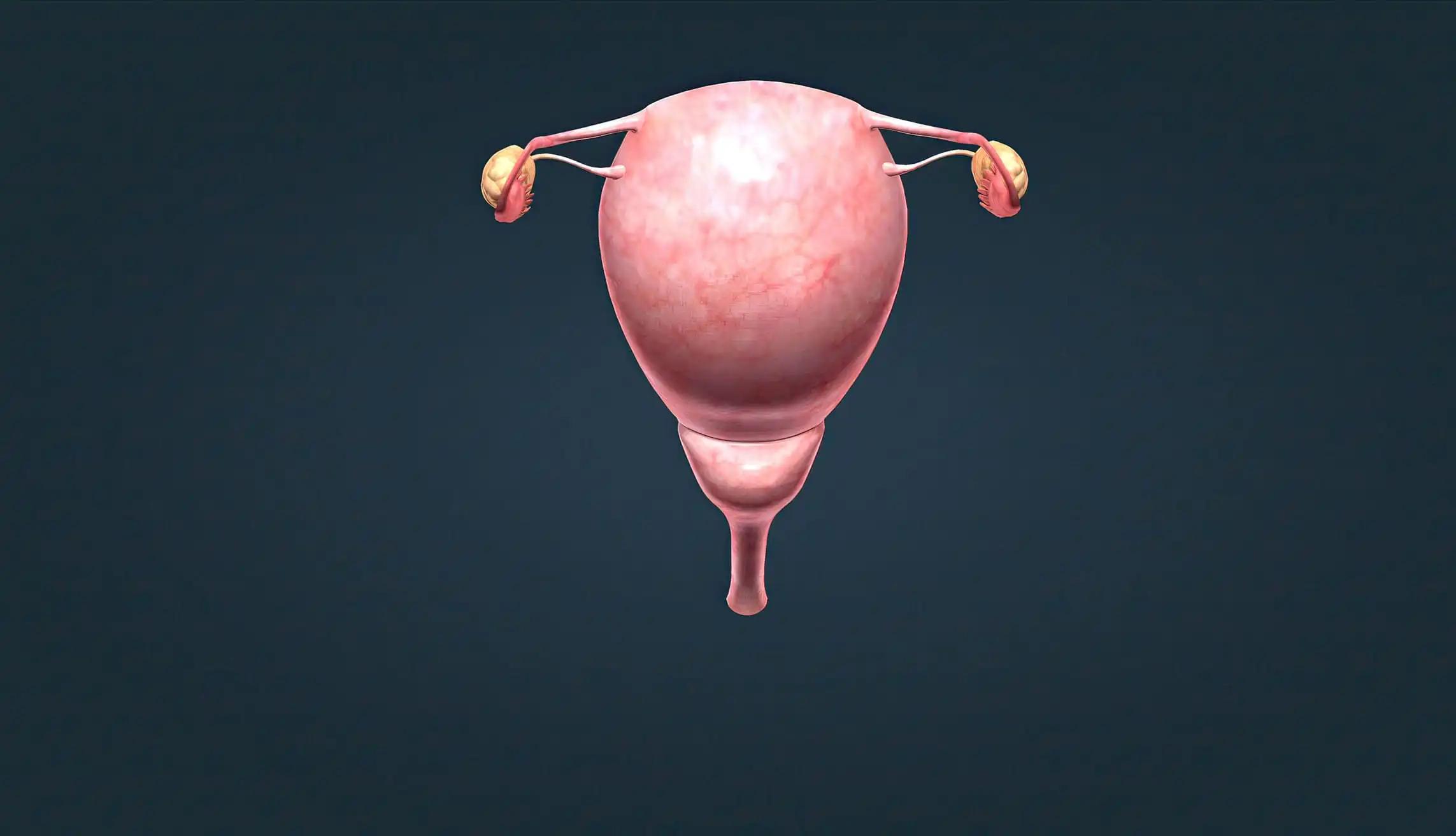KEY TAKEAWAYS
- Phase 3 HERO study evaluated the safety of relugolix in 930 men with advanced prostate cancer who were randomized 2:1 and treated with relugolix or leuprolide injections every 12 weeks for 48 weeks.
- AEs were reported in a similar percentage of men in both groups, with a hot flash, fatigue, constipation, diarrhea, and arthralgia occurring most frequently. Grade ≥3 AEs were reported in a lower percentage of men in the relugolix group compared to the leuprolide group.
- The most frequently reported (≥1%) grade ≥ 3 AEs in any treatment group included hypertension, diabetes mellitus, and syncope. All other grades≥ 3 AEs were reported with similar incidence in both treatment groups.
- MACE occurred in fewer patients on relugolix than leuprolide, with a 54% lower risk of major adverse cardiovascular events (MACE) observed for men on relugolix.
Relugolix, a highly selective nonpeptide oral GnRH antagonist, was well tolerated in the HERO study of men with advanced prostate cancer. Hot flashes and exhaustion were the most often reported adverse events (AEs) for men in both the relugolix and leuprolide groups. Relugolix reduced the risk of major adverse cardiovascular events (MACE) by 54% in males compared to leuprolide. This article examines the HERO study’s safety findings in depth, including the timing of adverse events (AEs) and their severity.
The HERO phase 3 research compared the safety and efficacy of relugolix (120 mg orally once daily) versus leuprolide (injections every 12 weeks for 48 weeks) in 930 men with advanced prostate cancer. Assessments of safety included adverse events (evaluated using the National Cancer Institute’s Common Terminology Criteria for AEs, version 4.03), major adverse cardiac events (MACE; defined as nonfatal myocardial infarction, nonfatal stroke, and death from any cause), and the median days to onset and duration of the most common events.
Hot flashes, lethargy, constipation, diarrhea, and arthralgia were the most commonly reported adverse events (AEs) among the men who took relugolix (92.9%) and leuprolide (93.5%). Men in the leuprolide group were more likely than those using relugolix to experience adverse events of grade 3, with 20.5% reporting such an occurrence. Syncope, hypertension, and diabetes mellitus were the most commonly reported (1%) grade 3 AEs across all treatment groups. The occurrence of all other adverse events (AEs) graded as 3 or below was comparable across the 2 treatment groups.
Overall, 2.9% of patients on relugolix and 6.2% of patients on leuprolide experienced MACE. When looking at adverse events (AEs) affecting more than 10% of patients, the median time to onset was 19.0-142.0 days for those using relugolix and 41.0-188.5 days for those taking leuprolide. The phase 3 HERO research found that reluzol (an oral nonpeptide GnRH receptor antagonist) was tolerated well. Acute adverse events (AEs) start early in treatment and last for different amounts of time, depending on the kind of AE.
Source: https://resource-centre.uroweb.org/resource-centre/EMUC22/243450/Abstract/
Clinical trial: https://clinicaltrials.gov/ct2/show/NCT03085095
Tombal B, Mehlhaff B, Shore N.D, George D.J, Cookson M.S, Saltzstein D.R, Tutrone R.F.7, Bailen J.L, Brown B., Langenberg A.G.M., Lu S., Fallick M., Hanson S., Saad F. Resource Centre | EMUC22. (n.d.). Retrieved from resource-centre.uroweb.org website: https://resource-centre.uroweb.org/resource-centre/EMUC22/243450/Abstract/



